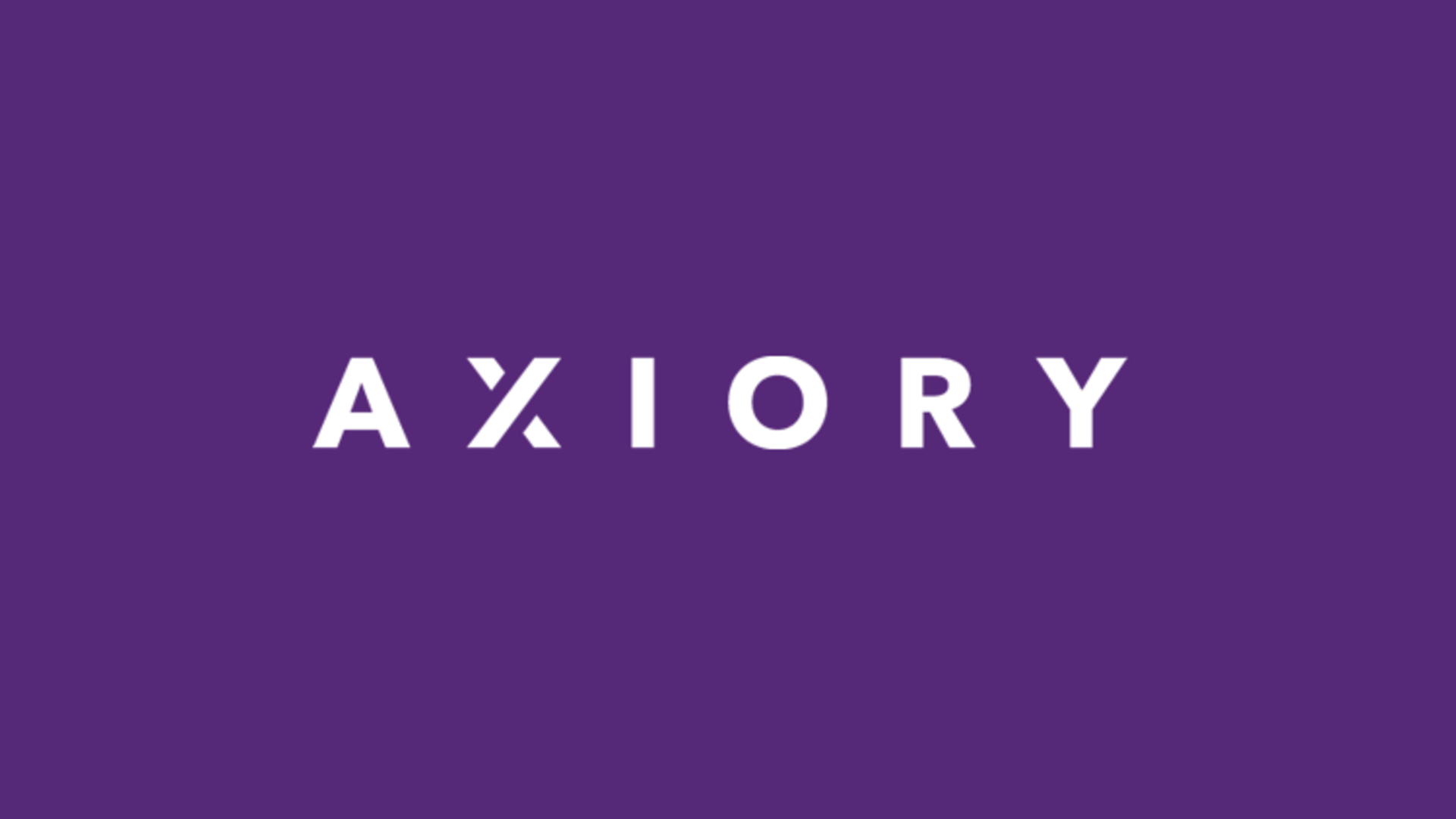Contents
Poland is a country in Central Europe that has been a major part of Europe for a very long time now. It is currently the fifth most populous country in Europe, with a population of over 38.5 million. With a GDP of $585.5 billion, the country it’s one of the biggest economies in Europe. Though being known as a “country of potatoes” due to their cuisine, what many people don’t know is that Poland is quite an interesting and attractive Forex country.
Indeed, Poland is the home of the Warsaw stock exchange, which dates its operation all the way back to 1817. After having gone through countless ups and downs, after the dismantlement of the USSR, Poland has gone through many evolutions, and eventually became what it is today.
In this guide, we will be taking a detailed look at the Polish Forex market, specifically how it works, who are the legal entities governing it, what kind of advantages and disadvantages it has, and much more. The guide is meant for an average individual interested in getting started with trading in Poland. After reading this, you will have all the necessary knowledge on how to get started with Forex trading in Poland, and how to reach success in doing so.
Top Polish brokers
As a country that is highly interested in Forex trading, there are many international Forex brokers available in Poland. When presented with so many options, it can definitely be a bit tough to make your choice. Here’s our list of top Forex brokers in Poland, which we compiled after our extensive research. With the brokers below, you can get started with Forex trading in Poland in the right way, and most importantly, stay safe doing so. Make sure to check out all the brokers listed below, and you will find just the ideal one personally for you!
XM
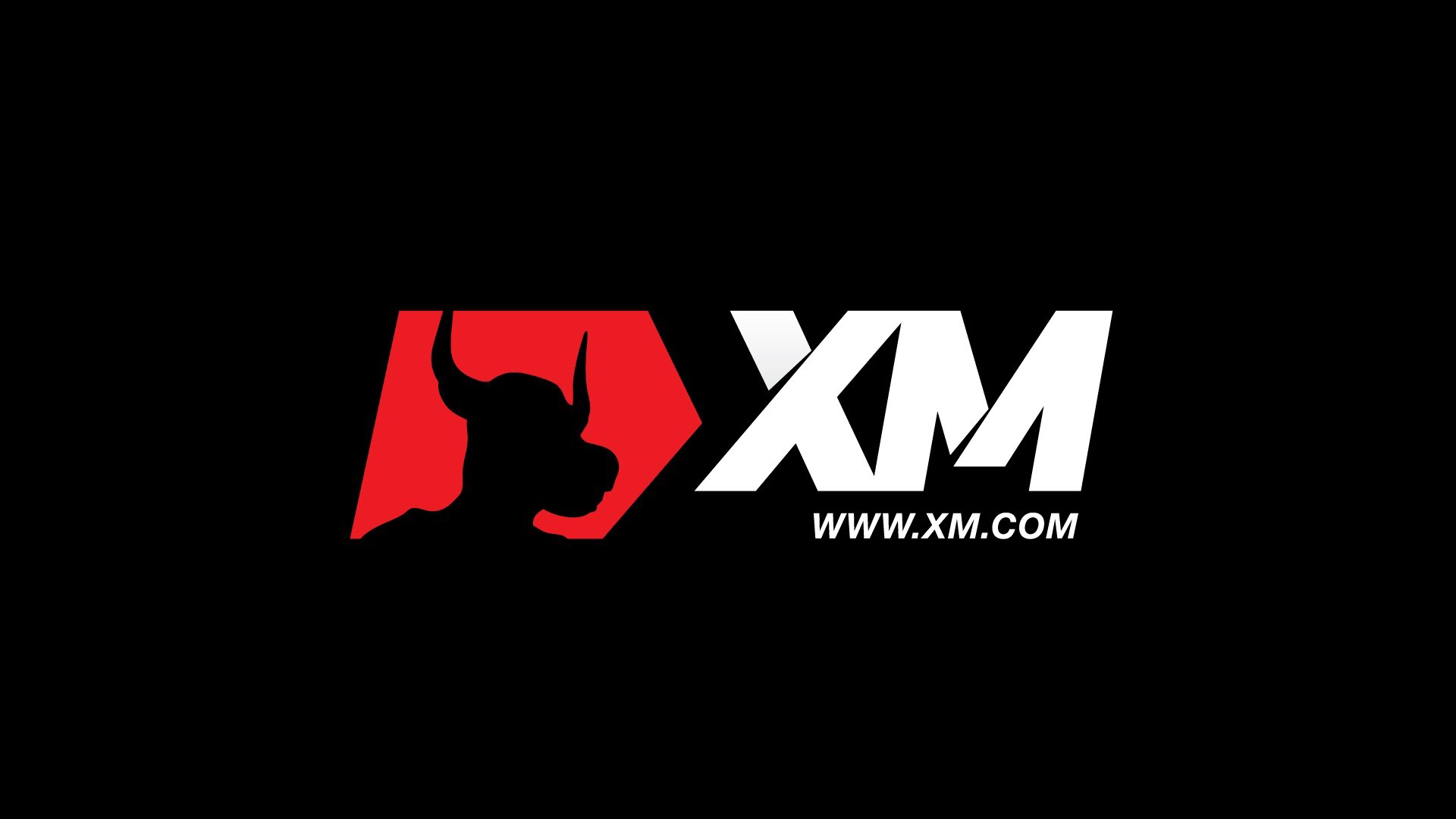

Min. Depo
$5

Licences
FCA, CySEC, IFSC, ASIC, DFSA

Leverage
1:888

Platforms
MT4, MT5, WebTrader
AvaTrade


Min. Depo
100 USD

Licences
ASIC, FSA, FSCA, FFAJ, FSRA, FSC

Leverage
400:1

Platforms
MT4, MT5
Exness
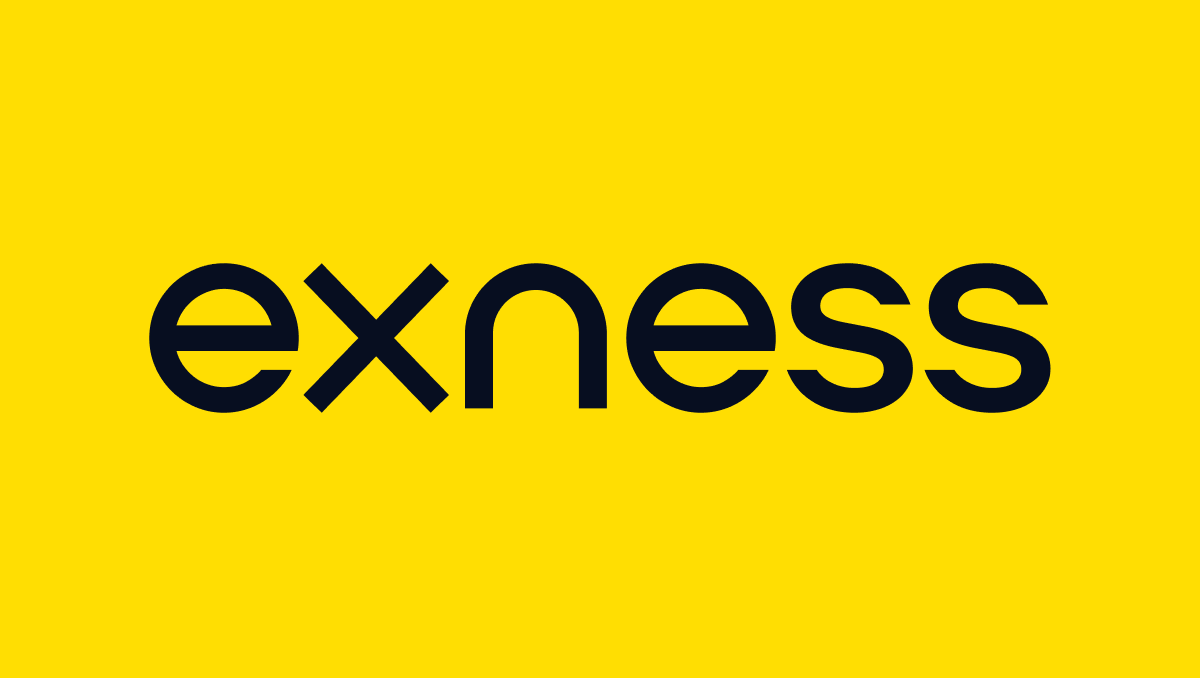

Min. Depo
$10

Licences
CySEC, FCA, SFSA

Leverage
1:2000

Platforms
MT4, MT5
FundedBull


Min. Depo
49 USD

Licences
N/A

Leverage
N/A

Platforms
MT4, MT5, cTrader
Forex.com
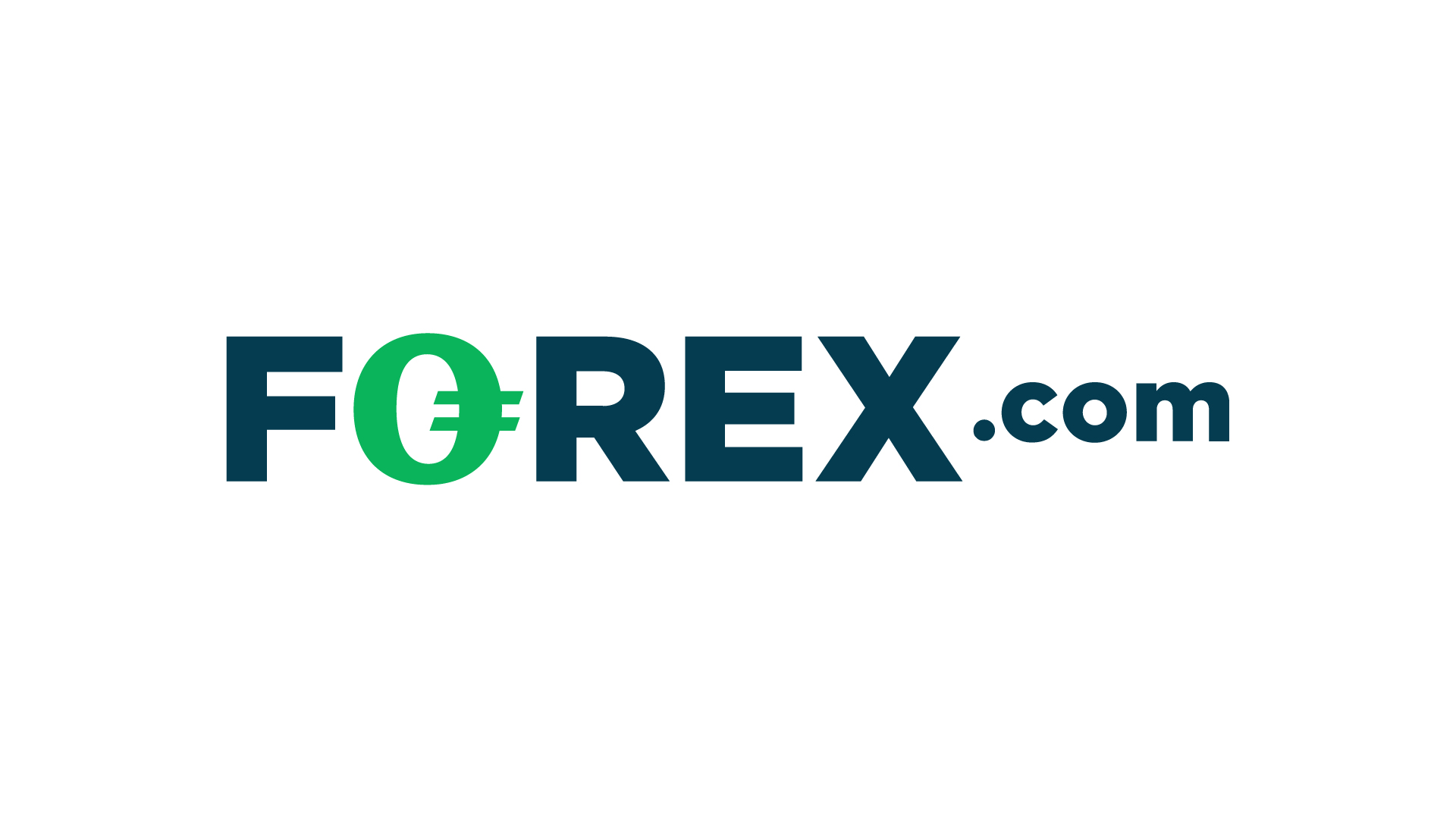

Min. Depo
$100

Licences
NFA, CFTC, FCA, FSA, IIROC and CIMA

Leverage
1:50

Platforms
WebTrader, MT4, MT5
CMTrading

Min. Depo
250 USD`

Licences
FSCA

Leverage
1:200

Platforms
MT4, WebTrader, Copykat
Plus500
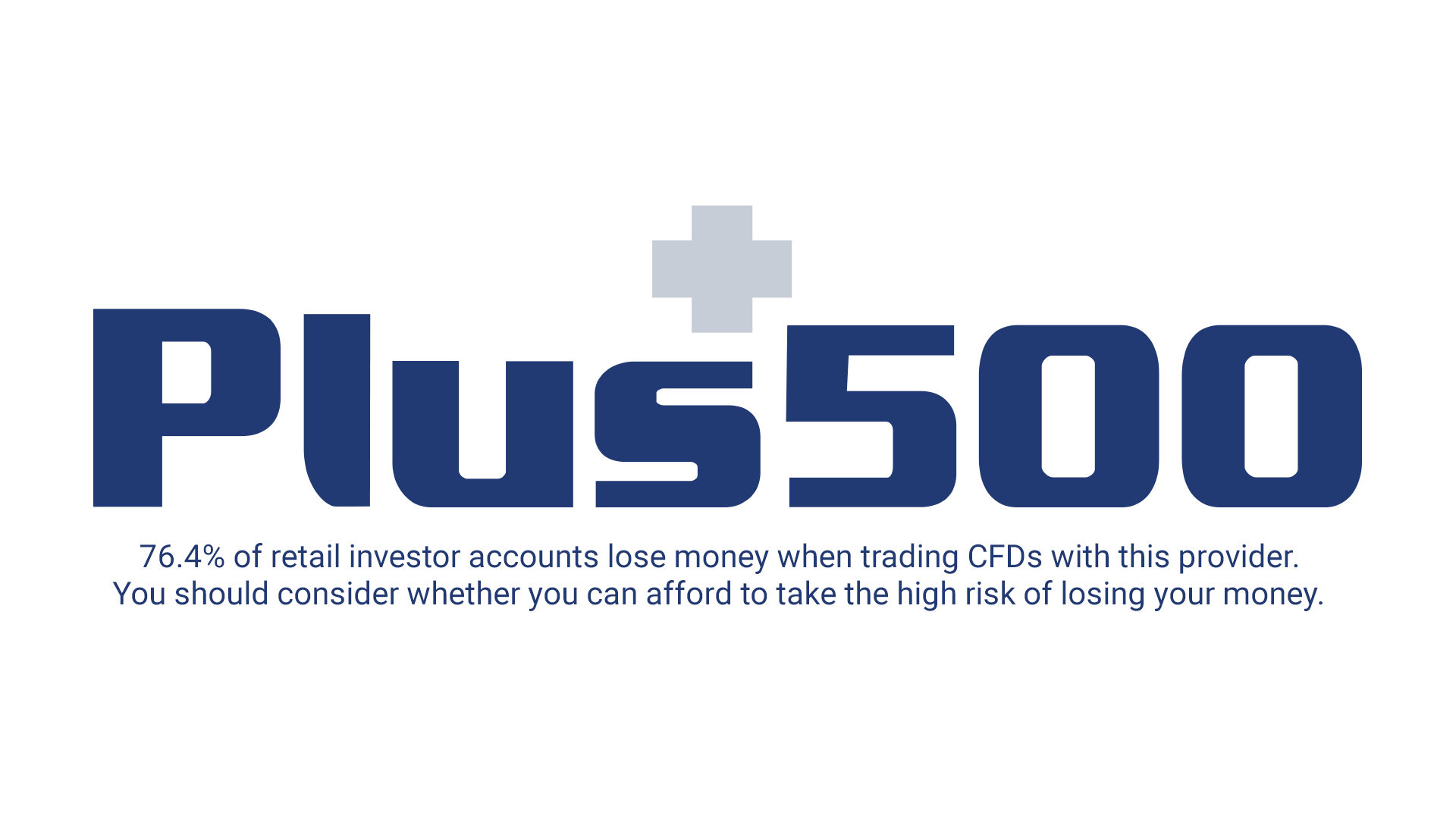

Min. Depo
$100

Licences
FCA, ASIC, CySEC, FSCA, FMA, MAS

Leverage
1:30

Platforms
WebTrader, Windows 10 Trader
Polish Forex regulation
Forex regulation of the country falls under the jurisdiction of the Polish Financial Supervision Authority (PFSA). PFSA has a large set of duties and responsibilities, which also go beyond the duties of overseeing the Forex market. Besides Forex, PFSA also supervises banking institutions and entities, insurance companies, capital markets, and many other entities directly or indirectly involved in the country’s financial market.
PFSA had been established back in 2006. It came to power after replacing the previous regulators that were in place – the Insurance and Pension Funds Supervisory Commission, and the Securities and Exchange Commission of Poland. Since it was introduced, PFSA has managed to take the market in a very positive direction, and install Poland as one of the fastest-growing Forex countries.
PFSA has managed to do this by introducing a lot of changes that were much-needed for the betterment. These changes, which are basically laws, regulations, and some restrictions, all have one goal in common, which is creating more favorable conditions for the safety and prosperity of the market. Let’s go ahead and take a quick look at some of these rules that govern the market, so we can better understand how it all works, and how it relates to you, the trader.
Licensing process
As is the case with pretty much any decent Forex environment, the licensing process is very important for the Polish regulators. For brokers that would like to operate directly out of Poland, they will need to obtain a license and authorization from PFSA, which itself has numerous requirements, which we’ll discuss below.
The licensing process and the fulfillment of all the demands that come with it, both have the aim of creating as much of a safe condition for the market participants – and especially the traders – as possible. By necessitating the brokers to go through these demanding requirements, this by itself makes sure that only the qualified brokers are allowed to offer their service.
We would like to note, though, that a very large bulk of the Forex brokers that you will encounter in Poland may not actually be locally-licensed by PFSA. How so? Well, since Poland is in the Eurozone, it follows the rules and guidelines put forth by MiFID (Markets in Financial Instruments Directive), which is a law that aims to harmonize the different regulatory environments in the EU.
One of the key benefits of MiFID is that it allows brokers to operate in all EU countries, as long as they are licensed by any of the countries in the Eurozone. This makes things a lot easier for the brokers, as getting a license for each and every country you operate in would obviously be an insurmountable task. What many brokers do is they go for a license with a country where the laws and regulations are much more relaxed, with Cyprus’ CySec being a prime example. Thanks to CySec’s relaxed and lenient demands, many brokers choose to make Cyprus their home.
To make the long story short, you will likely deal with many brokers that are not locally-licensed, and it is absolutely fine, provided they’re licensed with other quite likely that you will deal with Forex brokers that are ith that out of the way, let’s discuss what these requirements and restrictions are, and how they work.
Complete transparency
One of PFSA’s key approaches to creating a safer and more reliable environment is by making sure that everything is kept as transparent as possible. Here, what is meant is that the activity of the brokers should be kept as transparent and visible as possible. Firstly, for the brokers who want to apply for a license, PFSA demands that they submit all the relevant documentation, which can include all sorts of information such as qualification of the employees and especially the managers and directors, capital adequacy specifics, contact information of the management and board of directors, and much more.
Beyond this, PFSA aims to keep a close track of the brokers’ activities as well. For this, the brokers are required to submit regular audits and reviews, depicting all the important information such as their financial activities and transactions, their successes and failures with the trading endeavors of the clients, the customer service process with the clients, and much more. In a nutshell, the approach here is to make sure that not only do they qualify the brokers in the beginning, but to make sure that they’re putting the necessary pressure to keep the brokers “in check”.
Leverage restrictions
If you aren’t new to the world of Forex trading, then it is likely that you already know what controversial subject leverage is. Leverage is something that lets you gain access to a much higher profit potential without much capital, but it is also something that increases your risks dramatically. In fact, leverage happens to be one of the primary reasons for a lot of people losing a lot of money. While it can definitely open up tons of opportunities for those who have limited capital, it can be notoriously dangerous for beginners.
In the past, there were no such limits, and brokers were allowed to offer outrageously high leverage like 500:1, which, as you may guess, “ruined a lot of lives” financially. Due to this fact, many international regulators have decided to put restrictions and limits on the usage of leverage, and Polish authorities are certainly no exception. In Poland, there is maximum leverage of 100:1 with a 1% margin. This change was introduced right after the fact that they learned, that some 81% of all retail customers in Poland have lost large amounts of money, and they all pointed towards leverage. As such, the course of action was clear right away. This leverage cap is more than reasonable, as it’s above the unofficial international standard of 50:1, which is also widely adopted by most of the EU countries based on the ESMA guidelines.
It should be noted, though, that this 100:1 leverage is not available for all traders. Rather, this is available only for the higher-tier, experienced traders. Traders with minimal experience are allowed much less freedom. Yes, Poland makes the effort to classify traders based on their “level”, which itself is based on the trader’s experience and track record. Seasoned and experienced traders are classified as “experienced retail traders”, and as mentioned, are allowed to enjoy a higher leverage of up to 100:1.
However, there are some actual conditions and requirements that need to be met. To qualify as an experienced trader, one needs to have conducted at least forty large transactions on many different sorts of Forex assets, all within the span of the last 48 months. Additionally, one needs to have made at least 10 CFD transactions valued €50,000 or equivalent. Finally, the trader needs to demonstrate that they have acute and deep understanding of how the market and its instruments work, preferably with a certificate of some kind as evidence. After going through all this hassle, the trader is finally allowed to trade with leverage of 100:1, but it should be noted, that this is only allowed for instruments like major currency pairs, main stock indices like NASDAQ, gold, etc. As the volatility of the assets goes up, so do the restrictions on leverage.
As you may guess, the reason for these obscure restrictions on leverage is for Poland to make sure, that its citizens are staying safe, and are not committing to something that they are not ready for. While there definitely is a justification for this, PFSA has received some serious criticism from ESMA. However, ESMA’s criticism was actually that the leverage cap was too high, even for the “qualified” brokers. According to ESMA’s recommendations, leverage should be no higher than 50:1, and ideally, even 30:1. However, PFSA went ahead with these implementations anyways, as they believed that this way is better than having the traders go to offshore brokers that offer leverage as high as 500:1 and be in much more of a danger that way.
To sum it up, Poland’s PFSA has a great approach towards leverage, because here you have the opportunity to have access to double as much leverage as is the international standard if you reach the level of “experienced” trader. If you don’t, you still have access to the standard 50:1 leverage as an “inexperienced” trader, so you basically have the best of both worlds with PFSA!
What should you be trading on in the Polish Forex market?
In the previous section, you learned about the ins and outs of the Polish Forex regulation, and how exactly it works for your own protection. Now, it’s time to get acquainted with the actual specifics of Forex trading in Poland, meaning what kind of opportunities you can expect as a Polish trader, what are the advantages and disadvantages, what to keep an eye out for, etc. To better understand all of this, it is definitely in order to get a decent understanding and overview of the country’s economy, and what are its strong and weak points.
 Overview of the Polish economy
Overview of the Polish economy
As a country, Poland definitely has a very strong economy. With a GDP of $585 billion and a population of 37.8 million people, Poland is the tenth biggest economy in Europe. Needless to say, such large numbers require a strong, diverse, and able economy, which Poland definitely doesn’t lack.
Poland’s economy started going up and up after it was outside the grasp of the Soviet Union. As soon as it was free, Poland started working very hard towards economic progress. Poland’s production and GDP levels started growing significantly, and fast forward to today, right now Poland is a large and diverse economy, with trading partnerships with many countries from all regions of the world. The main industries in the Polish economy are the service industry and agriculture. This comes at no surprise, as Poland is referred to by many as the “land of potatoes”. Besides potatoes though, Poland is also known to be a great producer of rye, wheat, sugar, and more. The agricultural sector is, without a doubt, one of Poland’s strongest points.
One of Poland’s main strengths is its strong list of trading partners, composed of countries such as Germany, the UK, France, Italy, the Netherlands, and the Czech Republic. Having these reliable and economically-strong partners is definitely a huge factor in helping Poland advance and present itself as an economic force in the region.
Poland’s Forex trading opportunities, and its national currency
Due to the reasons described above, Forex trading is becoming more and more popular in Poland, as the locals are seeing it as a legitimate way to generate more income, which is great. Although the Polish Złoty (PLN) is not the strongest currency in the world, a few years ago it was the 22nd most traded currency in the world, which is definitely not unimpressive. Złoty itself is regarded as a regional currency, and there has, for some time been a discussion about the country moving to the Euro, but that has not happened yet.
As mentioned, the services industry is very strong in the country, with over 90% of the whole economy c0nsisting of it, and with over half of the whole country being employed there. Aside from that, some of the key industries in Poland are mining, steel and iron production, shipbuilding, and chemical fertilizers.
Due to the above, if you are interested in commodity trading in Poland, you are definitely in the right place! Poland exports a very large amount of commodities like iron and steel, totaling almost $9 billion every year. Additionally, their biggest export is machinery, including computers, totaling at $36.6 billion yearly, not to mention its great vehicle exports ($30.1 billion), electrical machinery and equipment ($29.3 billion) furniture, bedding, lighting, etc, ($14.9 billion), plastics and plastic articles ($12.8 billion) and much more.
The point is, there is tons of variety when it comes to commodity trading in Poland. For anyone interested in doing this for the long term, this is absolutely great, as it opens up doors to a huge variety of opportunities. Whether you are interested in currency trading on the Złoty, or if you would like to utilize the amazing agricultural and industrial markets of Poland, the diversity of choice is absolutely huge. Additionally, thanks to the fact that the brokers in Poland are allowed to offer higher leverage, as the time goes by and you are classified as a more experienced trader, that by itself opens up even more opportunities.
Pros and cons of the Polish Forex market
Here is what we think are the advantages and disadvantages of Forex trading in Poland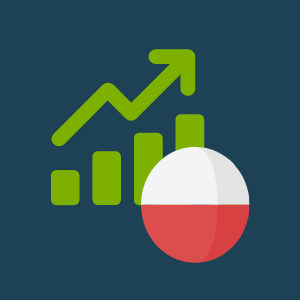
Pros
- A diverse economy
- Fast-growing Forex market
- Higher leverage limits
Cons
- The national currency is weak
- Not a lot of locally-based brokers
Passing the judgment on Poland’s Forex market
By now, as you may have realized, Poland’s Forex market is definitely nothing to sneeze at. Between the decent-sized, diverse economy, country’s dedication to building long-lasting and profitable trading partnerships, and the committed and effective regulatory authorities, what Poland offers to its Forex traders is something really amazing.
For any Polish citizen who is interested in getting started with Forex trading, and wants to have productive and successful trading experience, while most importantly, maintaining their safety and security, then we can definitely say, that Forex trading in your country will, without a doubt, be a very productive endeavor. Make sure that you are conducting appropriate research on your broker, choose the one that fits your needs the most, and start making your very first steps as a Polish Forex trader now!


